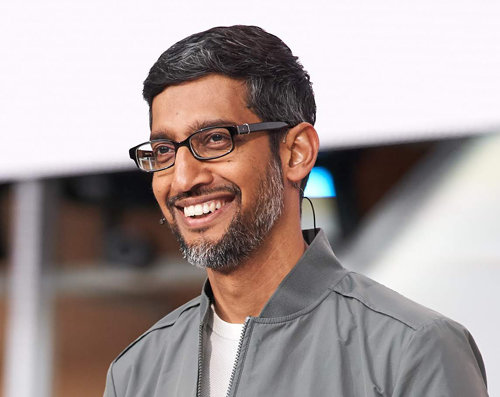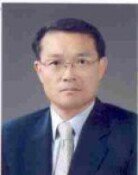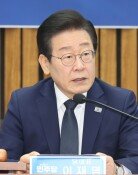Google chooses Korean for its AI-based chatbot service
Google chooses Korean for its AI-based chatbot service
Posted May. 13, 2023 07:40,
Updated May. 13, 2023 07:40

During the annual Google I/O developer conference held on Thursday, Google CEO Sundar Pichai shared a captivating anecdote from his visit to Seoul, Korea in 1999. While taking a taxi, he encountered a remarkable driver who skillfully managed three different cell phones. This incident left a lasting impression on Pichai and influenced his recent decision to include Korean as one of the initial service languages, alongside English, for its AI-based chatbot 'Bard.'
Pichai recognized Korea as an incredibly dynamic and intriguing country, always at the forefront of embracing new technologies. Additionally, Pichai reminisced about his time in Japan as he selected Japanese as the other service language. Reflecting on a dining experience, he recalled observing two customers sitting across from him in a restaurant. They were engaged in an awe-inspiring exchange of text messages, typing at an astonishing speed that Pichai found impossible to keep up with."
Amidst the conference held at Google's headquarters in Mountain View, California, the CEO convened a meeting with journalists representing a multitude of nations. In a significant announcement of its entire Bard-powered services across a staggering 180 countries, the tech giant unveiled Korean and Japanese as the initial service languages for its groundbreaking AI chatbot, Bard.
When questioned about his choice of Korean and Japanese as the company's service languages, Pichai elaborated on their unique ability to inspire Google's pursuit of new technologies due to their inherent foreignness. He further emphasized that the company's exposure to these languages enables valuable insights and facilitates more efficient learning across other linguistic domains.
Addressing recent concerns about Google falling behind Microsoft in AI development, Pichai firmly asserted that Google was the pioneering force behind the transformer model, a fundamental breakthrough in generative AI. He also stressed that the early stages of development should not be seen as definitive indicators of a highly complicated technology's future, and assured that his team has been diligently strategizing to steer future technologies onto a better path.
When discussing his company's vision for the next 25 years, Pichai outlined an ambitious goal of creating inclusive and beneficial AI accessible to all. He emphasized the company's motivation to delve into AI research has been driven by the desire to provide information and knowledge to as many individuals as possible. Pichai expressed his excitement, stating that the present moment marks the realization of long-held aspirations.
On the same day, Google convened a dedicated partnership meeting with Samsung, unveiling a range of collaborative initiatives spanning XR and other domains. Erik Kay, Google's Vice President for Engineering, Platforms & Ecosystems, highlighted the extensive and enduring partnership between Samsung and Google, emphasizing their robust alliance built on a foundation of trust.
namduck2@donga.com
Headline News
- Korean business leaders urge a halt to commercial law amendment
- Yoon begins extensive verification for cabinet and staff reshuffle
- Police confirm Pyongyang’s involvement in Ether heist in 2019
- Ukraine fires British Storm Shadows at targets on Russian territory
- Ulsan and Pohang compete to crown Korea’s soccer champions







